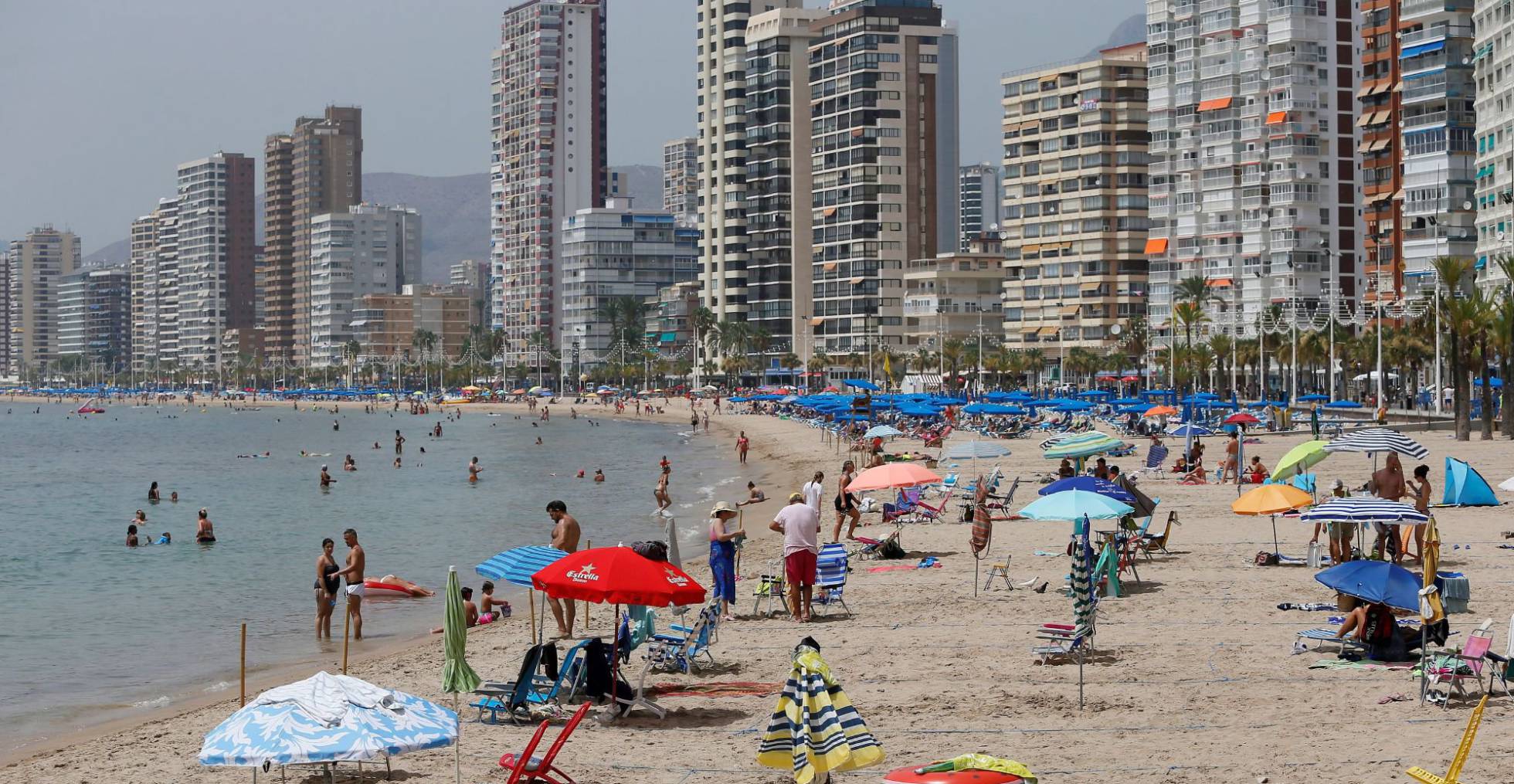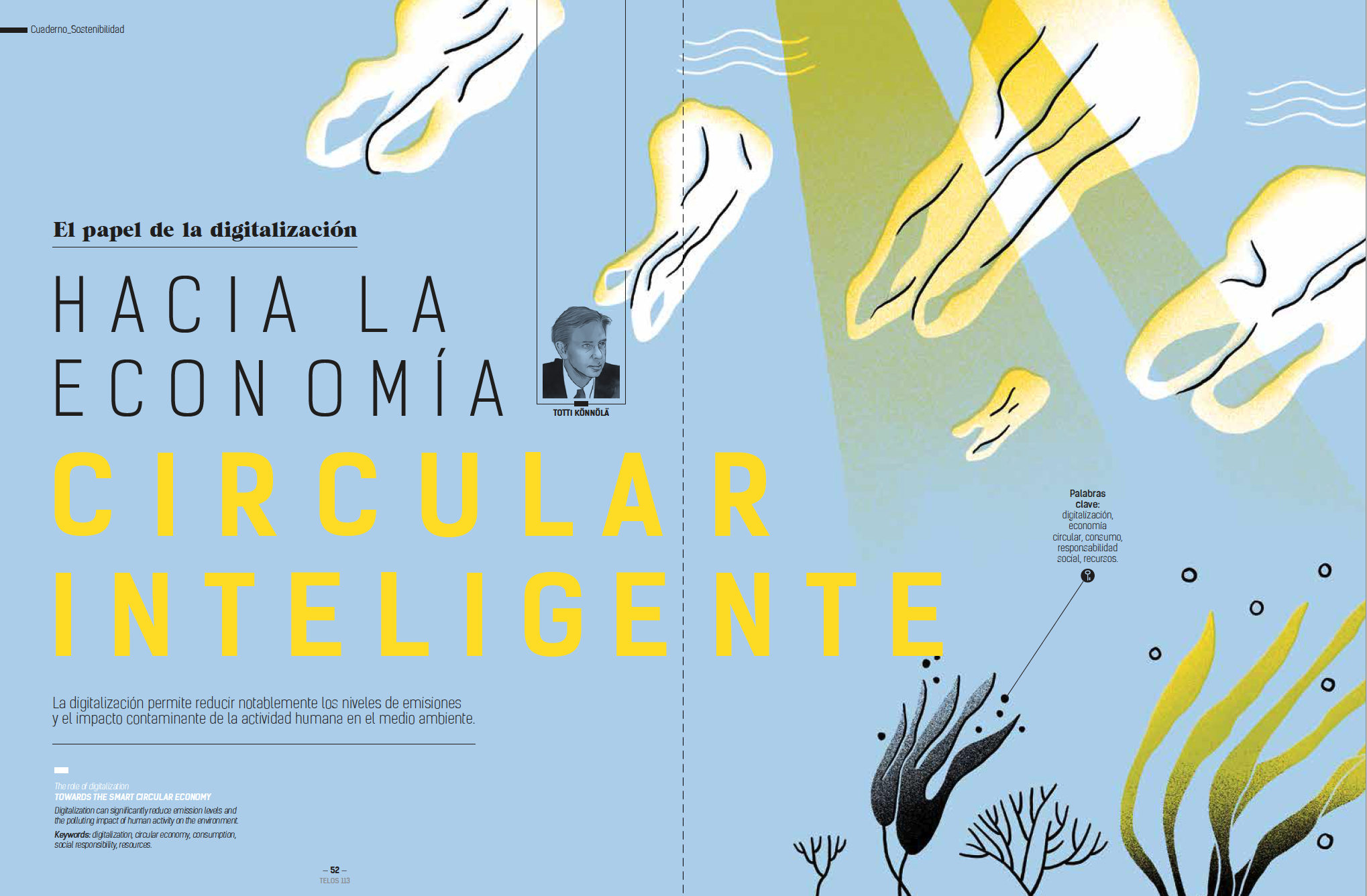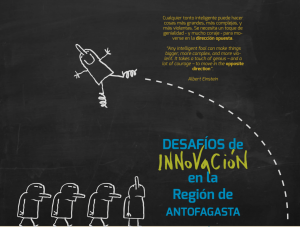José Manuel Leceta, chairman of IFI Advisory Board, writes on innovation in the Spanish newspaper, CincoDías.

“… When I prefaced the book of my friend Ángel Alba ‘Minimum Viable Manual of Innovation’ (Innolandia), I pointed out my particular definition of innovation as knowledge in action. But my interest in philosophy leads me to wonder about the origin of the ideas and concepts in use. Related to action, I find an article this summer on the phenomenology of the agency function that, in its general sense, refers to one of the most important qualities of the human being: the ability to act intentionally and therefore, to achieve goals guided by reason. The semantic richness of the term is also at the base of the innovation agencies to which I have dedicated most of my professional life and which, despite their public nature, participate in an investment and business logic.
To the agency function and agencies, I would like to add in these lines the adjective actionable, which the RAE defines as: said of a mechanism, which can be operated. And this with regard to two proposals to imagine the future post-Covid-19. First of all, the 10 technologies that the Chair of the Rafael del Pino Foundation presented by the entrepreneur scientist and admirable friend Javier García Martínez, whom I met in my time at the head of the European Institute of Technology as one of the three advisers of the founding president, Martin Schuurmans… “
Read the full article in Spanish
https://cincodias.elpais.com/cincodias/2020/08/06/opinion/1596704366_711027.html
Credits foto: Manuel Lorenzo EFE

 The co-founder of IFI, Totti Könnölä co-authored the European Foresight Platform brief on the foresight programme, of which overall objective was to enhance innovation-driven sustainable economic development of the Antofagasta region in Chile. The main purposes of the foresight
The co-founder of IFI, Totti Könnölä co-authored the European Foresight Platform brief on the foresight programme, of which overall objective was to enhance innovation-driven sustainable economic development of the Antofagasta region in Chile. The main purposes of the foresight